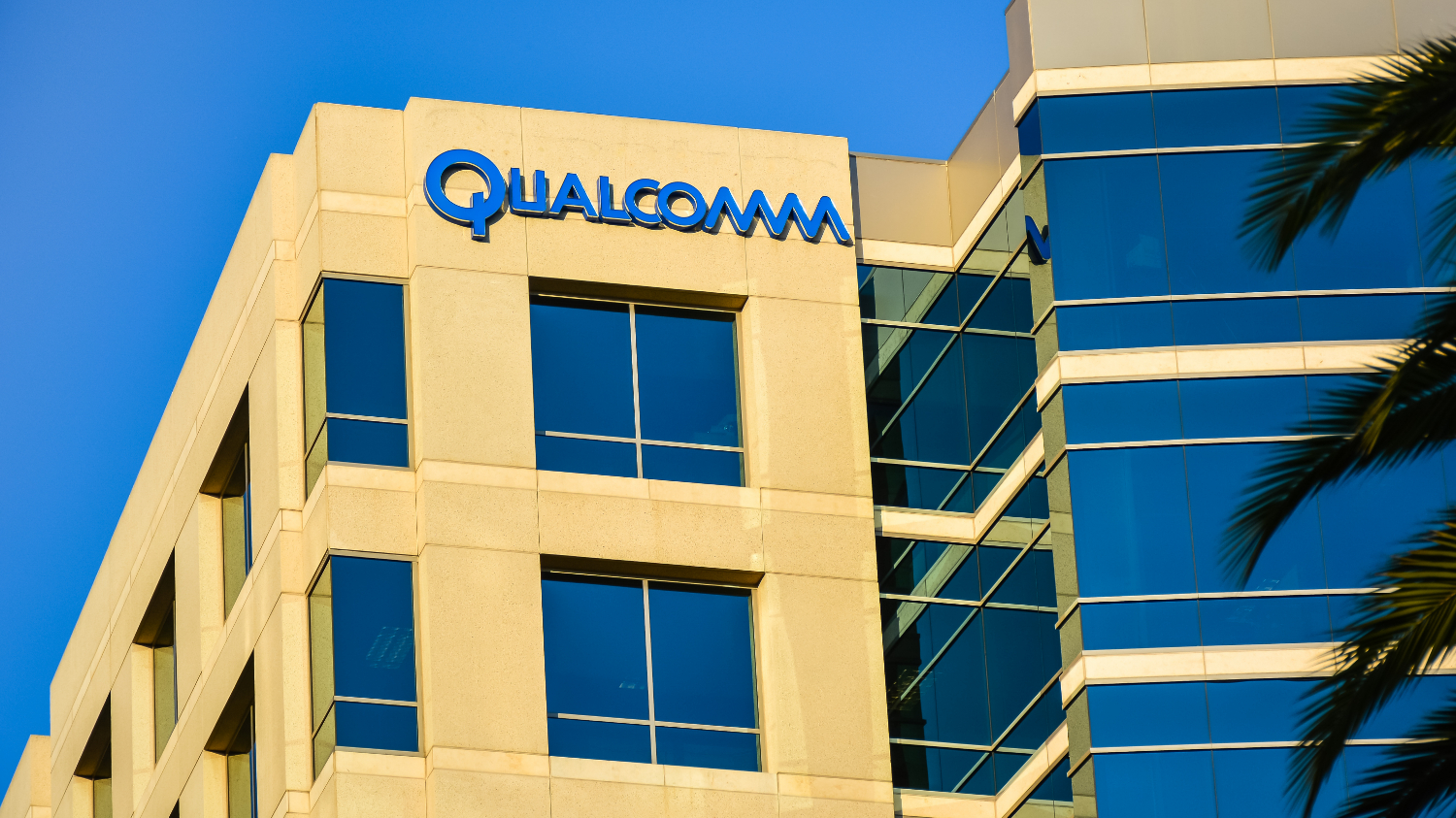EU Fines Qualcomm €242 million Over 3G Baseband Chipsets
The European Commission today announced that it's fined Qualcomm €242 million (roughly $271 million) for "abusing its market dominance in 3G baseband chipsets" by selling its products below cost in an effort to force one of its competitors, Icera, out of business. Qualcomm said in a statement that it plans to appeal to the General Court of the European Union with the hope of reversing the commission's fine.
Baseband chipsets are integral to smartphones, tablets and other devices meant to connect to cellular networks. Making a smartphone without using a baseband chipset would be like building a pirate ship without sails; it won't be able to serve its intended purpose. There's a lot of booty to be had for any company able to seize a sizable portion of the market, which is exactly what Qualcomm did.
The European Commission explained how Qualcomm established its dominance in the baseband chipset market in today's announcement:
"Today's decision concludes that Qualcomm held a dominant position in the global market for UMTS baseband chipset between 2009 and 2011," it said. "This is based in particular on Qualcomm's high market shares of approximately 60% (almost three times the market share of its biggest competitor) and the high barriers to entry to this market. These include the significant initial investments in research and development to design UMTS chipsets and various barriers related to Qualcomm's intellectual property rights."
None of that is illegal, the commission said, because Qualcomm assumed leadership of the baseband chipset market fairly. The fine results from Qualcomm using its control over the market to sell products below cost to its largest customers (Huawei and ZTE) between mid-2009 and mid-2011. According to the commission, that "predatory pricing" was supposed to prevent Icera from competing for those customers.
Qualcomm general counsel Don Rosenberg responded to those allegations in a statement. “The Commission’s decision is based on a novel theory of alleged below-cost pricing over a very short time period and for a very small volume of chips," he said. "There is no precedent for this theory, which is inconsistent with well-developed economic analysis of cost recovery, as well as Commission practice."
Rosenberg also said Icera wasn't harmed by Qualcomm's practices because it was acquired by Nvidia for $367 million in 2011. Nvidia then "continued to compete in the relevant market for several years after the end of the alleged conduct." Qualcomm wants to "expose the meritless nature of this decision," he said and will "provide a financial guarantee in lieu of paying the fine while the appeal is pending."
Get Tom's Hardware's best news and in-depth reviews, straight to your inbox.
The European Commission is hardly the first organization to accuse Qualcomm of anti-competitive practices. The company has also been scrutinized by the Federal Trade Commission, among other regulators around the world, and engaged Apple in a global battle over unfair license terms before the companies agreed to a multi-billion dollar settlement in May. This is pretty standard for Qualcomm by now.

Nathaniel Mott is a freelance news and features writer for Tom's Hardware US, covering breaking news, security, and the silliest aspects of the tech industry.
-
mihen Another day, another US tech company fined by the EU for theoretical socialist market philosophy. Is it predatory pricing or market driven pricing. It's only natural to sell chipsets at the market rate, even if the EU's regulatory structure prevents EU companies from pricing at the market rate.Reply -
slingsrat Reply
The chips were sold below cost though, not a market rate. Qualcomm took a financial hit to secure the contracts because they can afford to.mihen said:Another day, another US tech company fined by the EU for theoretical socialist market philosophy. Is it predatory pricing or market driven pricing. It's only natural to sell chipsets at the market rate, even if the EU's regulatory structure prevents EU companies from pricing at the market rate. -
hannibal It is not easy to be market leader, you get fined by selling too high and you get fined by selling too low. Qualcom definitely have to ask separately from each country how much They want the qualcom sell their products :)Reply
